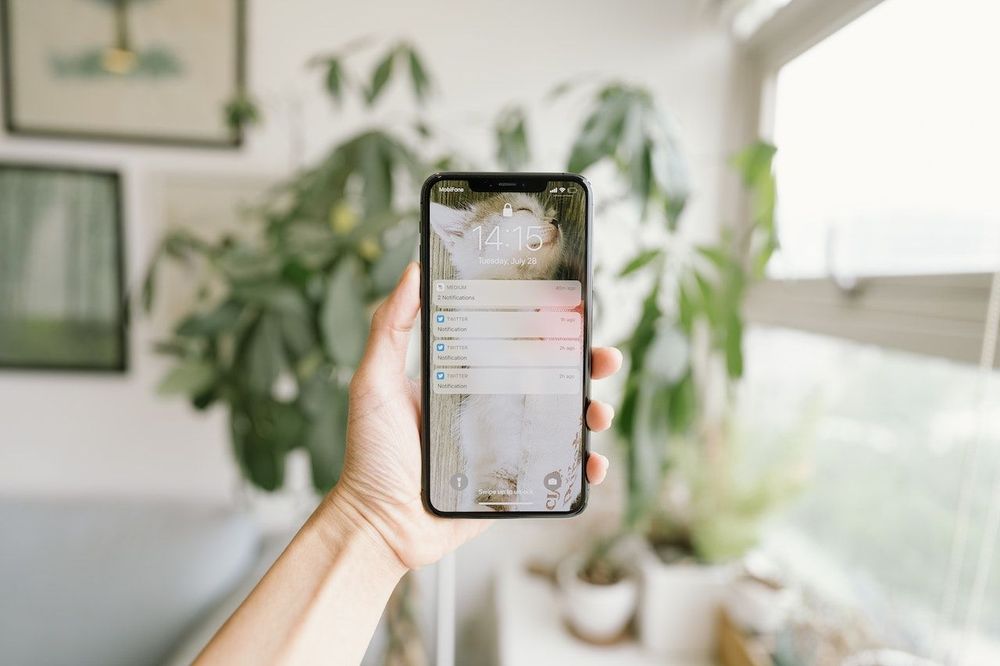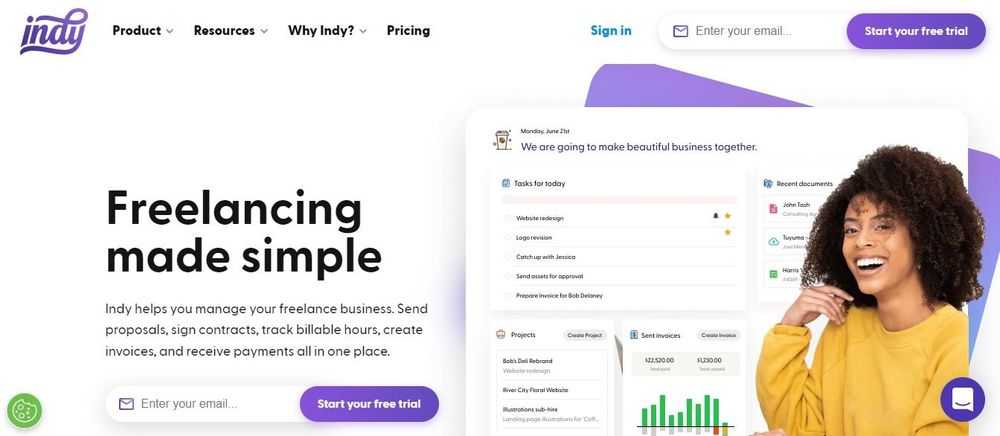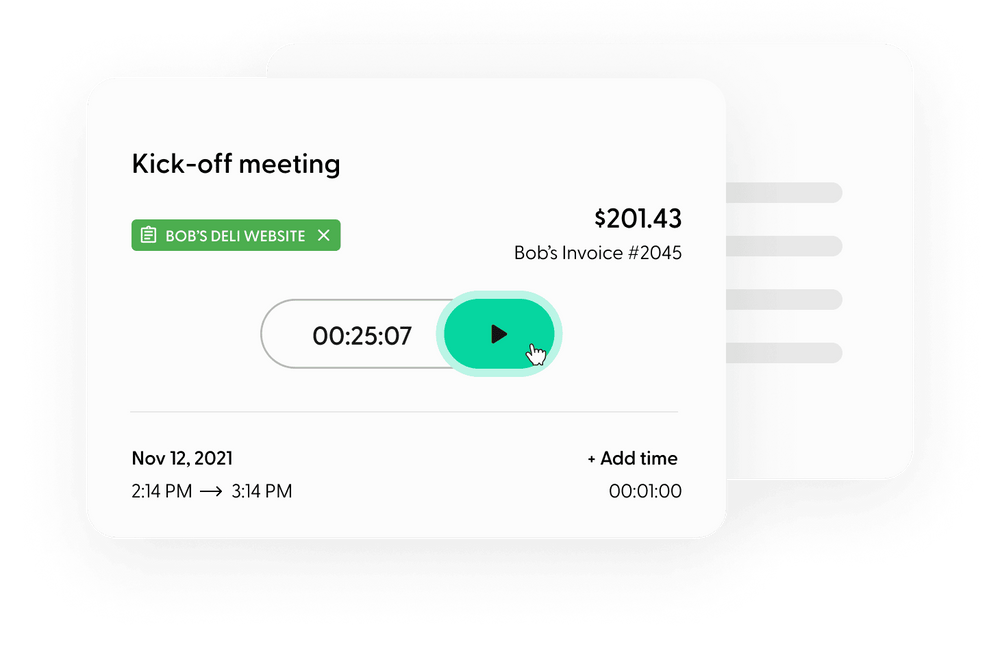Are you struggling with productivity and feeling overwhelmed? Regular, dedicated focus time may be the solution. In this article, learn how single-tasking and blocking out distractions can improve concentration and help you achieve your goals more effectively. Find out how to schedule and plan focus time using techniques like the Pomodoro Technique, and discover the link between focus time and stress reduction. Ready to learn more and become your most productive self? Continue reading to discover the benefits of deep work and single-tasking.
Focus time is a simple concept, but do you truly implement it in your own working life? Be honest with yourself; when working on an important task, do you have five other browsers open? Do you remain focused, or do you check for the latest tweets every ten minutes? Do you get distracted by email notifications?
If you have trouble focusing, it may well be because you are not allowing uninterrupted time for your most important tasks. The items on your to-do list will get done quicker if you focus on them one at a time and give each one your undivided attention. How much sooner will an important task get done if you make it your primary focus for an hour or two?
Give this article your full focus, and you will find out how regular, dedicated focus time will help you become your most productive self!
The benefits of deep work and single-tasking
Deep work concerns important tasks that will benefit your freelancing career, but it's not that simple. You need to stay focused on these tasks while working on them. This means no phone calls, emails, notifications, or other distractions. Paying attention to a task is difficult when there is constant stimulation from other sources. If a task is important, it is worth giving your full attention to; anything less, and it will not be completed to anyone's satisfaction.
The ability to multitask is revered, but is it really all that? You can improve focus by giving your all to one task at a time. An important task is worth doing well and you will boost concentration by setting aside time to focus on it and it alone.
Scheduling and planning focus time
Switching tasks throughout the day is a reality of working life for a lot of freelancers, but it has an impact on our ability to concentrate. It is crucial to put all other tasks aside for an hour or two when you are working on your most important task of the week. To direct one's attention to this single task is to make progress on what you need to do.
You need to plan your work hours so you will not switch tasks aimlessly and will have enough focus time on those tasks that really matter. Use a calendar to figure out what you will work on which days of the week and then plan focus time on the most important tasks. You may find it useful to apply the Pomodoro Technique to your main task. It looks like this:
- Pick the most important task to work on.
- Set a 25-minute timer.
- Work on your task until the 25 minutes are up.
- Take a 5-minute break.
- For every 4 Pomodoros (25-minute bursts of working), take a longer break, say 15-30 minutes.
You can repeat this until the task is done or until you have worked on it for the total amount of time you said you would. Taking regular breaks can improve concentration by refreshing your brain. Nobody has the attention span to keep churning out their best work for hours on end without pausing for breath.
The link between focus time and stress reduction
When you feel stressed it is often because you are overwhelmed. You are trying to do too much at once, and naturally, staying focused will be hard, which causes panic or agitation. Dedicating yourself to one task at a time and doing it properly is a great way to reduce stress and achieve your goals. Much more can be accomplished when you give your full attention to a single task at a time.
Stress is one of the biggest reasons for employees taking time off work in the USA each year. It can have many negative impacts on your work and on your physical health as well as your mental health. Creating focus time to ensure your important tasks get done is one of the best ways to combat work stress, as when these tasks loom over you, they can be a huge burden.

The role of focus time in achieving goals and accomplishments
How often do you find yourself saying, "If only I had more time." It can feel like an extra 24 hours in the day would be the answer to all of your problems. What if it only feels like you have less time than you need, and actually, you just need to make better use of the time you do have?
Most workers can only be productive for a certain amount of time before they need a break. This is what focus time is all about. Schedule your most important tasks for a time of day when you know you have the most energy and fewest distractions. When you are working on them make sure all other electronic devices are on silent, and all you have open is the task you are working on right there and then. When you dedicate proper time and energy to a task, it's amazing what you will accomplish - give it a try and see for yourself.
The relationship between focus time and creativity
If you think of how creative types are portrayed in movies, then 'focus' wouldn't necessarily be the first word that would come to mind. You might think of a spontaneous individual who jumps from topic to topic during a conversation, mind overflowing with different ideas. However, setting aside focus time for one particular task actually allows creativity to flow. When your mind is cluttered with all manner of different endeavors, it's hard to think of ideas and to use your imagination. When you hone in on a task, you are shutting out the background noise - this is where creativity and problem-solving can thrive.
It can also be hard to be creative when a whole team is bouncing different ideas off you; it's hard to get a clear image of where you want a task to go. When you focus by yourself, you can actually allow your own mind to wander, which is where you can be creative.

11 strategies for eliminating distractions
The following strategies will help you create the right system and environment to stay hyper focused on the tasks at hand, so you can make each day less stressful than the last.
1. Create a designated workspace that is free from distractions
Where you are working needs to be most conducive to focus on a single task. Ways you can achieve this are:
- Make your workspace somewhere quiet where you can be by yourself.
- Keep your working area tidy, so you are not constantly distracted by different objects.
- Make it a calming environment - have a few plants if this helps you relax, or ambient lighting, or anything that makes it a tranquil place for you.
The most important thing is that you have a space where you can give your full focus. This will likely be different for everyone, but the key element will always be somewhere that is free from distractions.
2. Set boundaries with co-workers, friends, and family about when you are available and when you need to focus
You are unlikely to get much work done if you have just started focusing on a task, and then your co-worker bursts in to tell you about a movie he saw last night. Similarly, if your mother calls for a chat when you have a deadline looming, make sure your co-workers, friends, and family are aware of the times you will need to focus. That way, you can be confident there will be no distractions from them, and a strain will not be put on your relationship.

3. Use productivity tools like noise-canceling headphones or a website blocker to eliminate distractions
If you know that willpower alone will not be enough to stop you from checking websites when you should be working, you can use a website blocker to deny you access during your focus time. There are other productivity tools, including noise-canceling headphones, so you can block out any outside distractions and focus on your important tasks. It's all about doing what you need to in order to maintain the ability to concentrate.
4. Turn off notifications on your phone or computer
We all know how much progress will likely be made on a task if your phone is pinging away every couple of minutes. Maybe there is a lively discussion on your Twitter feed, but you can't join in with that and do your best work at the same time. When it's focus time, you need to turn off all notifications. The world won't stop turning if you stay off your social media for a couple of hours!

5. Use the Pomodoro Technique to break your work into focused blocks of time
The Pomodoro Technique involves breaking down focus time on a particular task into 25-minute sections, as described above. Give it your all for 25 minutes, then take a 5-minute break, then get back to it. Every four 25-minute sections, give yourself a longer break to recharge if the task is not yet complete. It is hard to maintain focus for a long time, especially when a task is mentally taxing, so allow your brain time to recharge in order to bring that focus back.
6. Take regular breaks to rest and recharge
As much as we would all love to be able to churn out our best work hour after hour, the reality is it will not happen unless we give ourselves time to recharge. When you can feel your focus start to drift, it's time to take a quick break before carrying on with the task at hand. It's best to set yourself a time limit before each break because then it's clear what time is for working and what time is for resting.

7. Set specific goals for each focus session and track your progress
What are you actually hoping to achieve in each focus session? Of course, you know what the main task is, but how are you going to ensure it gets completed? Set yourself sub-tasks that you can work on during each session, and tick them off as you go. This way, you can always keep track of where you are with the task overall. Setting milestones along the way will boost your morale when you see yourself moving closer to completion.
8. Use the "Two-Minute Rule" to tackle small tasks immediately to prevent them from becoming distractions later on
The Two-Minute Rule is a simple way of getting small tasks done so they don't build up too much over time. Ask yourself, "Can I get this done in two minutes?" If the answer is yes, then get it done now without delay. That means one less thing to worry about later on. By employing this method, you may find you can get a lot of simple tasks done in a day. Without staying on top of these you can easily find at the end of the week you have a long list of them, which is a stress you don't need.

9. Practice mindfulness techniques like meditation to help you stay present and focused
We all need a way of staying in the moment, and meditation might work well. It's all about shutting out all distractions and focusing on one thing at a time.
Mindfulness is a simple concept - whatever you're doing at that particular moment, just focus on it and nothing else. You can practice this with anything and then apply it to your focus time during work. If you are having a cup of coffee, just focus on how it tastes, how it smells, and the effect it is having on you. If you are reading a book, just focus on the words and the meaning without letting your mind wander. Then do the same when focusing on an important task.
10. Consider using time-tracking software to help you understand where your time is going
Time-tracking software enables you to keep track of how much time you are spending on each task. Maybe you are taking longer than intended, or maybe you are overestimating and can set less time aside for similar tasks in the future. Either way, having software that does this for you rather than constantly having to record the time yourself helps to free up the mind to focus on what you are doing.
11. Experiment with different environments to find the ones that are most conducive to focus for you, such as a quiet library or a coworking space with minimal distractions
What you think is the best working environment for you may not actually be so. Not everyone works best in silence - it can feel comforting to have a small amount of background noise. Maybe when you're completely alone, you find it easier to let your mind wander. Either way, it's worth experimenting with a few different working environments to decide once and for all which one works best for you.
How Indy can help

Indy has various tools available to help maintain focus. The Projects tool enables you to keep track of every aspect of a task and set subtasks to help you with the overall completion. Meanwhile, the Time Tracker will allow you to just press on with your important tasks knowing that the time you are spending on each of them will be recorded as you go.
Everything that Indy provides will help you streamline your work as a freelancer and maintain focus when you most need it. Take a look at some of these vital tools so you can see how Indy will help you to improve your productivity by making it easy to stay focused.
Conclusion
So if you've stayed focused long enough to reach this point, then well done - you are halfway there! Now you need to apply that focus to your freelancing endeavors. Let's recap some of the main points about how you can do this:
- Keep your workspace tidy, free from distractions, and somewhere you will be able to concentrate. Turn off notifications from your other electronic devices and set up a web blocker if you don't trust yourself to stay off other websites while working on your important tasks.
- Use different techniques to help you stay focused. The Pomodoro technique will let you give your all to the task in a set timeframe before taking a break to refocus. The Two-Minute Rule will allow you to get lots of smaller tasks done in between the main ones.
- Focusing on the main tasks is a way of reducing stress. There is great reward to getting your important work done and doing it well. Not doing so has many negative consequences that you want to avoid.
- Practice ways to focus in your daily life that you can then apply to your work. There are various mindfulness techniques that will help you when it comes to deep work. When you give your full attention to a task, it will also allow for creativity.
When you try to focus on too many things at once, you will make little progress with any of them as nothing will be getting a good level of focus. The key thing is that you are working on your most important tasks at a time when you can give them your full attention. This way, you will be producing your best work as well as actually making progress. And the more you optimize your schedule, the more money you can earn. Check out how to become a more productive freelancer.



